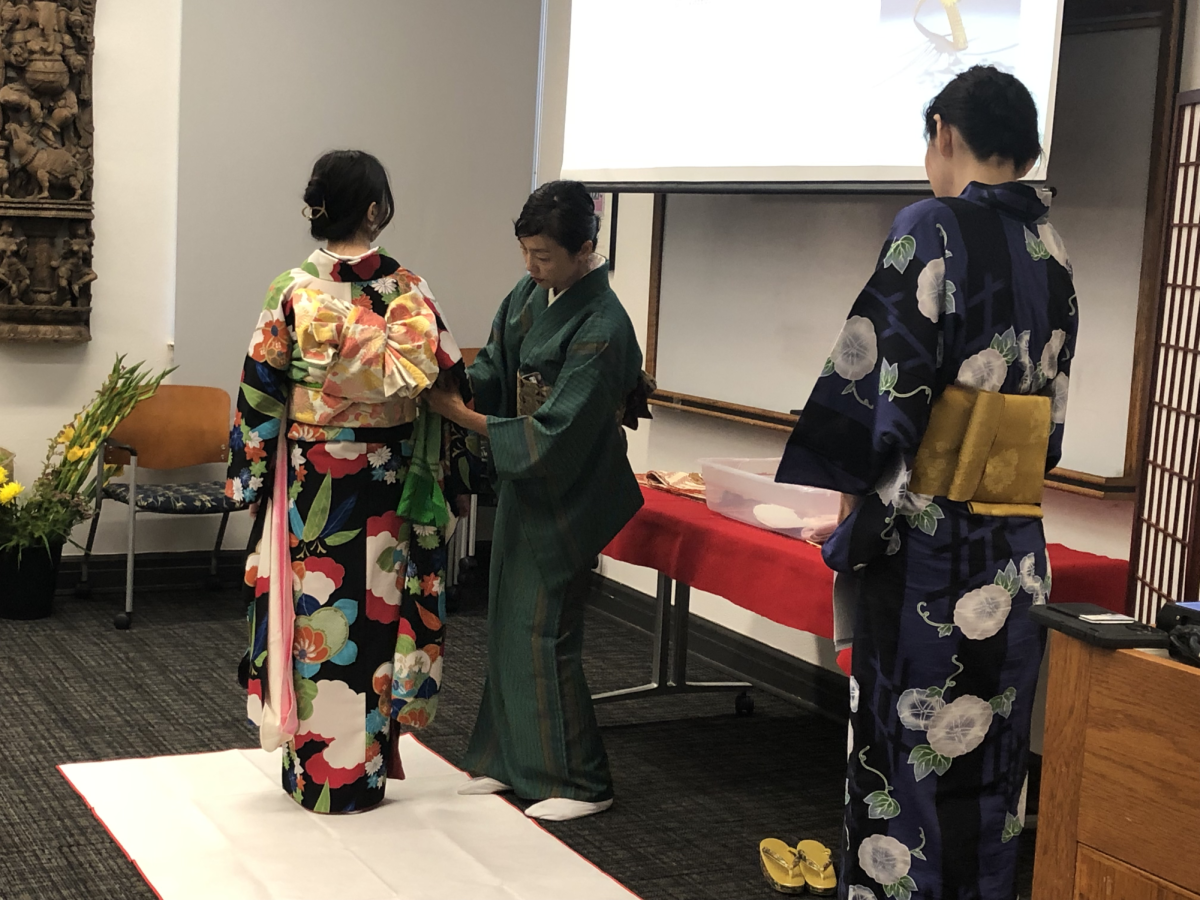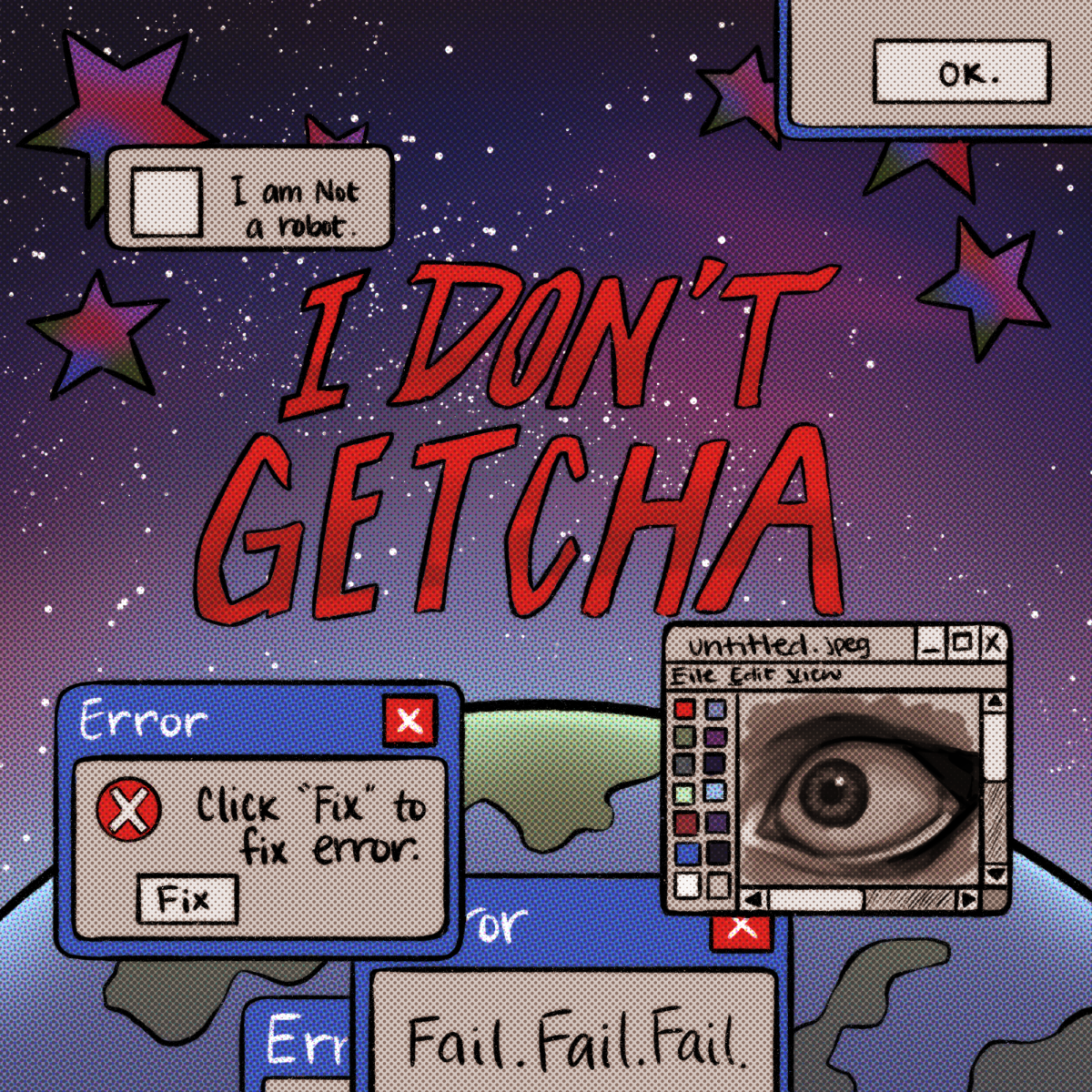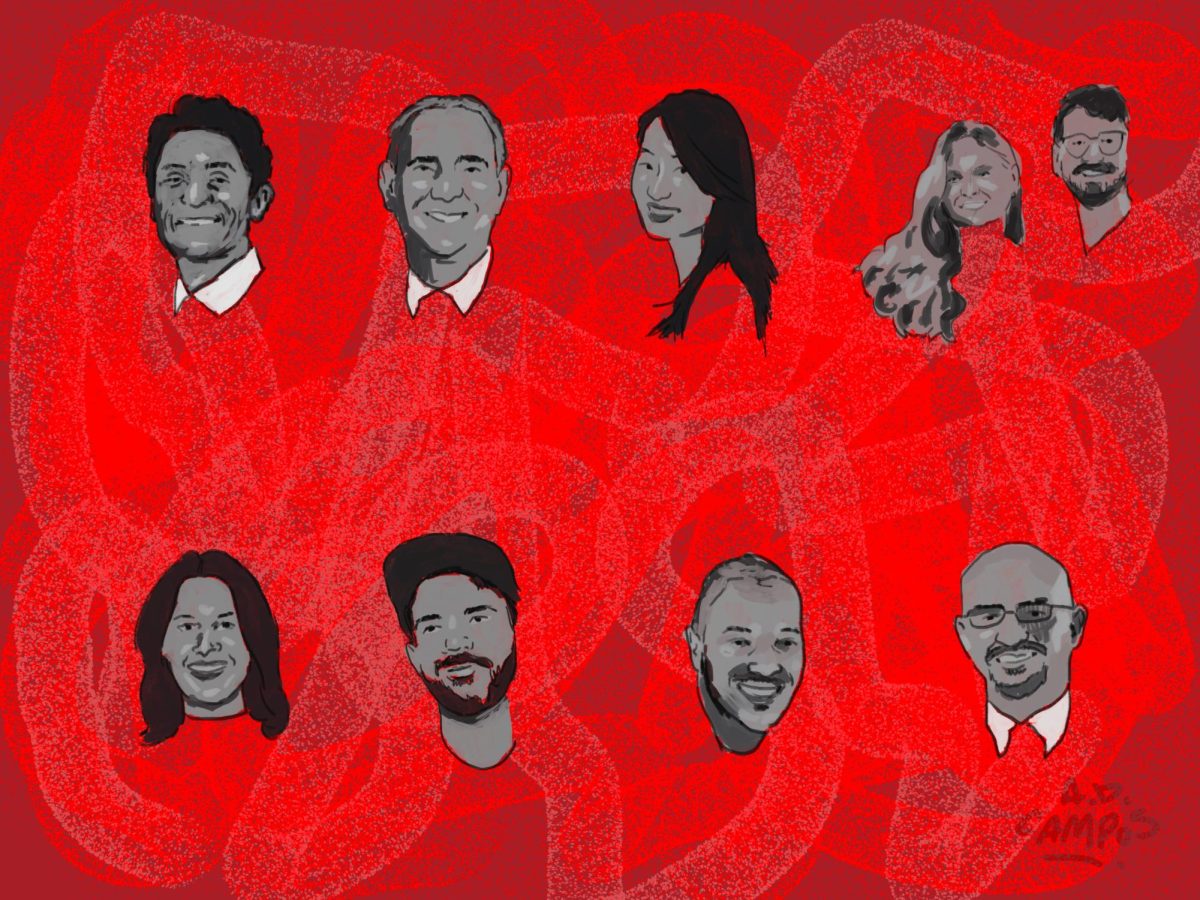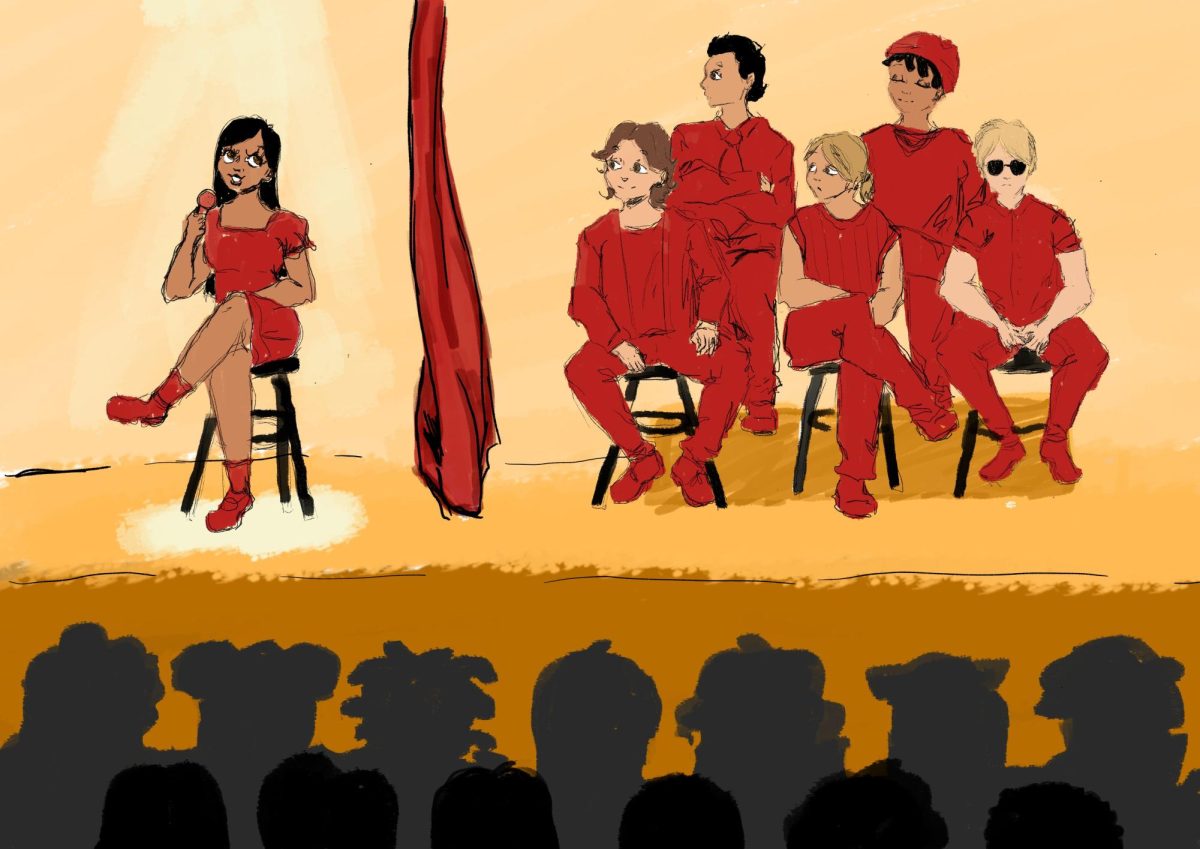If the Longhorn Band plays “The Eyes of Texas” again, it won’t be because senior drum major Ally Morales conducted it.
Growing up in Austin with parents who were avid UT fans, “The Eyes of Texas” was ingrained in Morales’ childhood. She was taught the song in elementary school and had the lyrics memorized well before she arrived on the Forty Acres. As the drum major, Morales cues the rest of the Longhorn Band to begin playing and has directed the band through its alma mater numerous times. Then, she learned the song’s minstrelsy origin.
“When I learned the history of (the song), (my views) immediately changed because it excludes members of the student body,” said Morales, a music education senior. “If the thing that I thought united everyone doesn’t, then it’s not worth (having). Because the decision is up to me, I will not initiate ‘The Eyes of Texas’ for others to play.”
UT’s alma mater has faced intense criticism from members of the Longhorn community due to its racist origins. The song was originally performed at minstrel shows, where performers wore blackface, and has lyrics that were in part inspired by the words of Confederate Gen. Robert E. Lee.
Spurred by recent, nationwide calls for racial equality, more than two dozen UT student-athletes released a statement June 12 calling on the University and Texas Athletics to address racial injustice. Their list of demands included removing “The Eyes of Texas” as the alma mater.
A month later, UT Interim President Jay Hartzell addressed some of the requests in a statement to the UT community, but said “The Eyes of Texas” would remain the alma mater. Days later, Butler School of Music director Mary Ellen Poole wrote in a letter that students would not be penalized for refusing to play “The Eyes of Texas.” Poole declined a request for individual comment on the story.
At least four of 49 Longhorn Band section leaders and all 11 members of the newly founded organization, LHBlacks told The Daily Texan they too will not play the song.
Judson Hayden, a communication and leadership junior and saxophone section leader, is president of LHBlacks, Longhorn Band’s only all-Black student organization. Created after the police killing of George Floyd in late May, Hayden said the group aims to stand behind the less than 3% of Black students in Longhorn Band.
Since its founding, LHBlacks has worked to spark conversations about racial equality and pushed for change by meeting with Longhorn Band leaders and University officials. Their discussion with band leaders, like Morales, helped open discussions surrounding the song and accelerate change within the band. Morales said in a tweet that LHBlacks is the real reason change is happening and she is a facilitator of what they want for the band.
Several band members, including Hayden, say they worry not playing the alma mater will result in losing support from donors. University spokesperson J.B. Bird said possible financial dropoff from donors was not a driving factor in UT’s decision to keep the song as the alma mater.
Still, drumline section leader Alex Shah said he worries about the possibility, as he has received scholarships funded by alumni donors.
“One of my big fears is that even though I think changing the song is an important thing to do and that we should do it, I am concerned that it’s going to upset a lot of the alumni and it’s going to come back to bite us later on,” said Shah, a biology junior.
Julie Flowers, a 2003 alumna and member of the Longhorn Alumni Band, said she would consider no longer donating to UT if Longhorn Band stopped playing the song. Flowers said she can’t picture a UT game or ceremony without the alma mater.
“If (‘The Eyes of Texas’) was no longer the song of the University, I would feel kind of a detachment,” Flowers said. “I definitely would not feel the same as an alumnus of the school if that was suddenly changed.”
Flowers said she believes the minstrel show the song was first performed at was racist, but the song itself isn’t.
“I don’t think the song itself was ever intended to degrade anyone, I think the intention and purpose of the song was to unify the school and give us an identity,” Flowers said. “I don’t think that any of it was intended in a negative way.”
Albert Trevinio, the snare drum section leader, said he also once thought the alma mater was a staple of the Longhorn Band experience, but he no longer desires to play it after learning about the song’s origin.
“I think that ‘The Eyes’ no longer carries that punch that it used to have,” computer science junior Trevino said. “It’s not something that has the wonderful context we once associated with it. It feels kind of like a burden at this point.”
It is still unclear if the Longhorn Band will perform “The Eyes of Texas” in the fall due to the number of members who oppose it, or who would direct the song if they do perform. Longhorn Band director Scott Hanna did not respond to multiple requests for comment from The Daily Texan.
On Thursday, Hanna sent a message to the band obtained by The Daily Texan saying members would not perform on the field in the fall, citing coronavirus concerns.
Despite his concerns, Hayden said he recognizes the song is a tradition, but still does not believe it should be played.
“It’s not like the song isn’t important to the Black members of the school,” Hayden said. “It does mean something. That’s not a justification for keeping it, especially with the amount of hurt that is behind the song itself. (People) don’t feel unified by the song, they feel more excluded by it.”





















